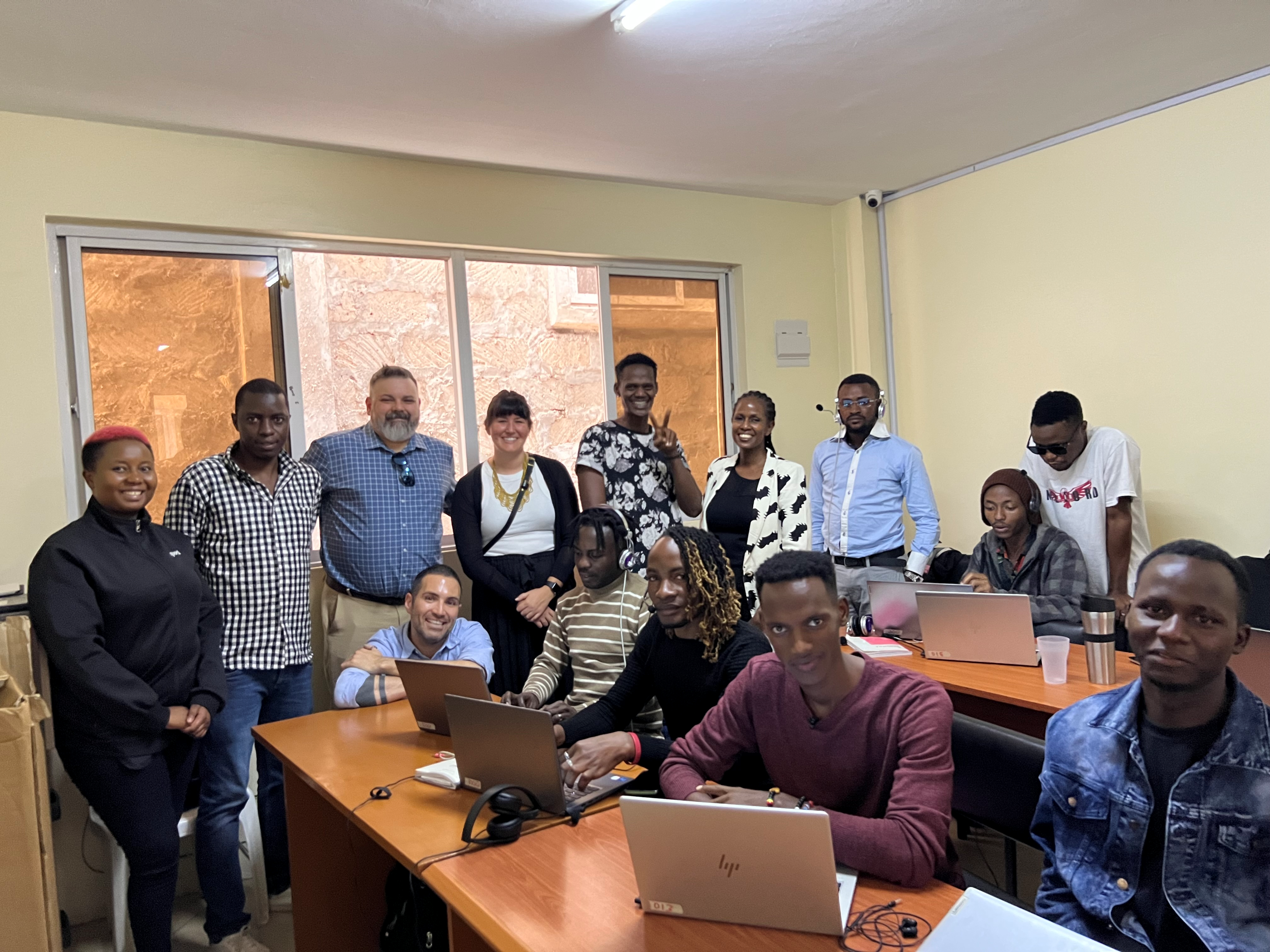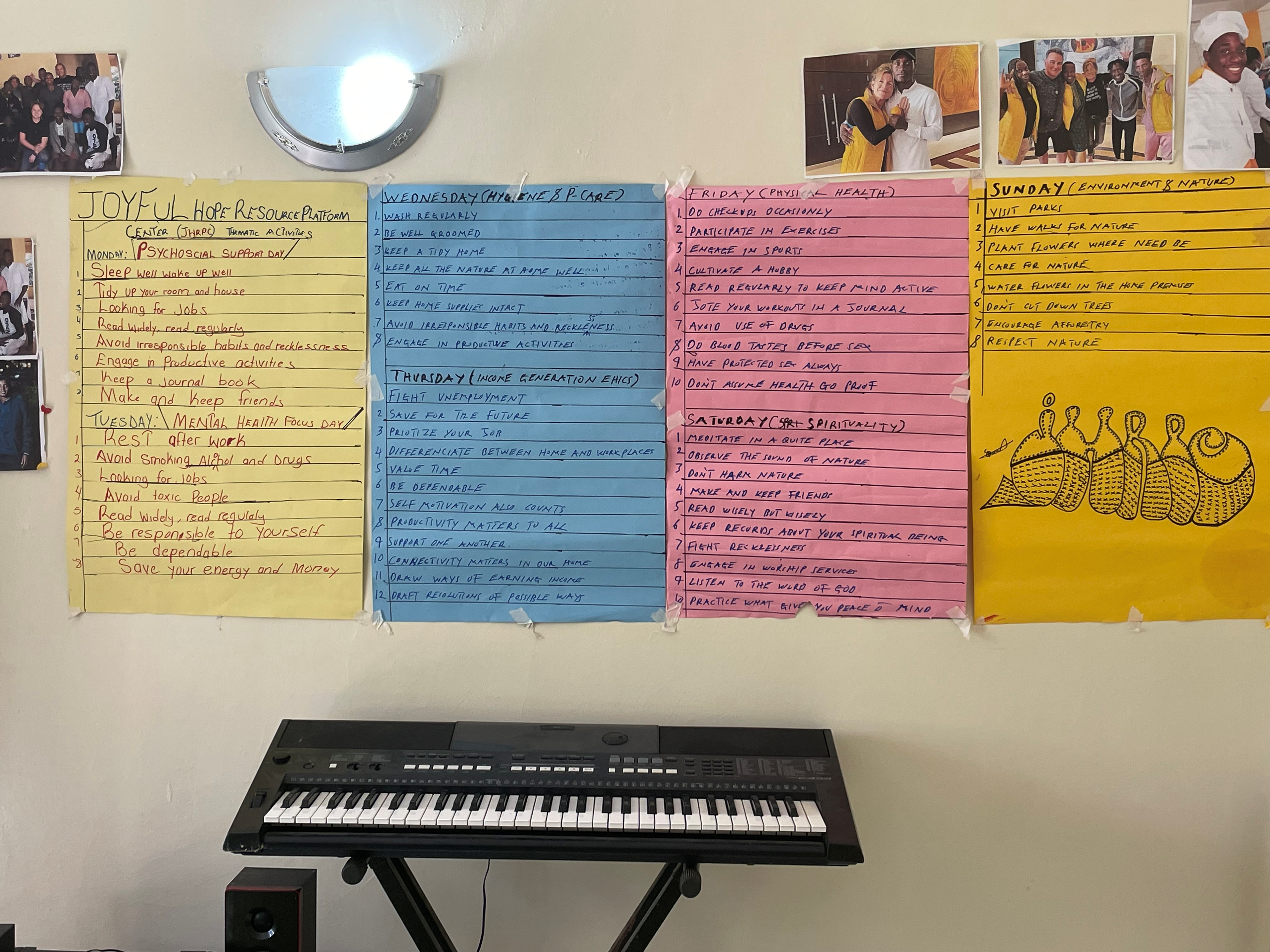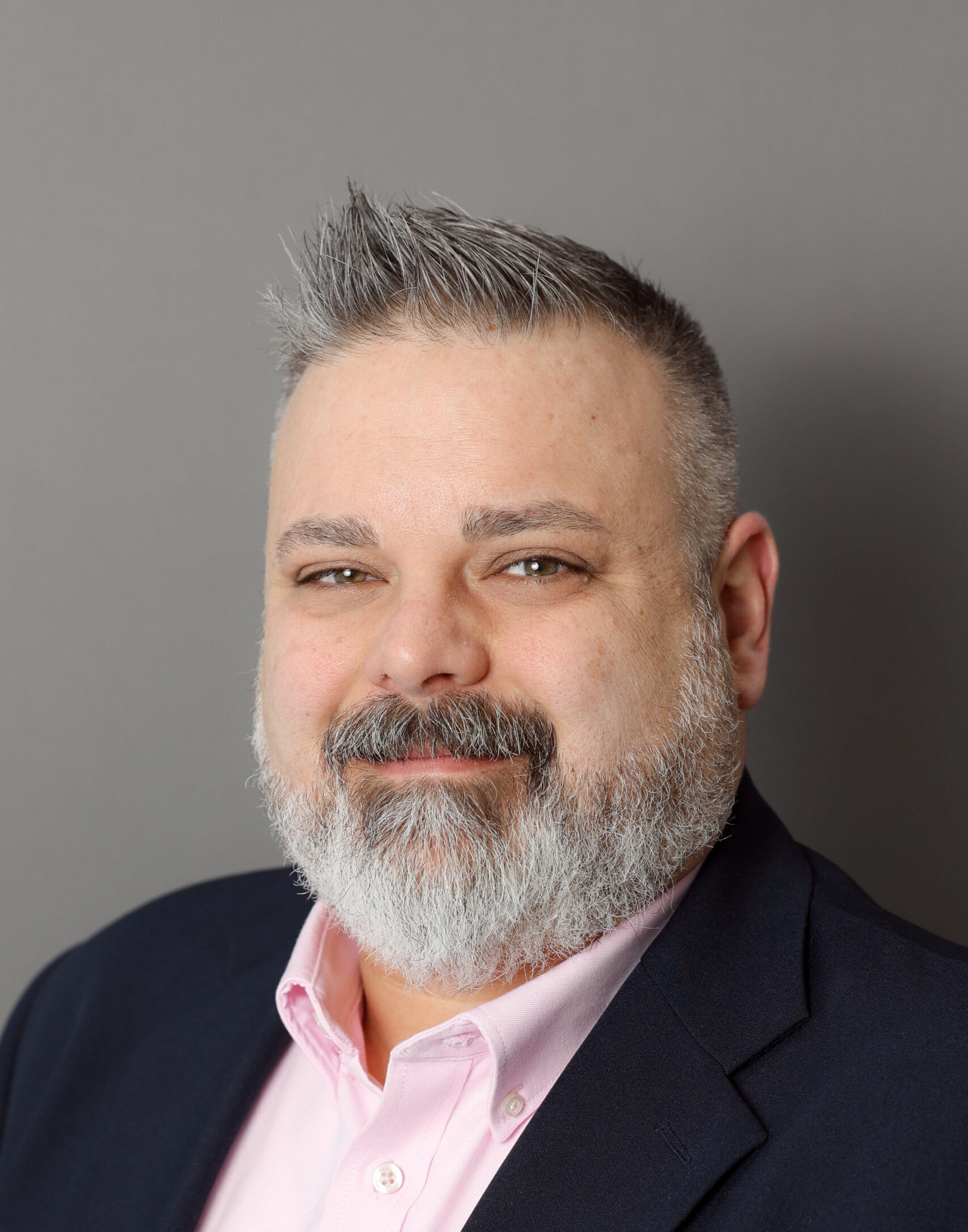We need tools: Reflections from my trip to Kenya

“The camels are dying – and they’re the last to die.”
I was struggling with jetlag and fighting to stay awake in my first meeting in Nairobi, Kenya. It was not my proudest professional moment, but the 34-hour journey from Pennsylvania to the meeting had knocked me down. Then Gemma Connell, head of the UN Office for the Coordination for Humanitarian Affairs Regional Office for Southern and Eastern Africa, said those words: “The camels are dying – and they’re the last to die.”
It is not always easy to put things into words – but with just 10, Gemma underlined the severity of the Horn of Africa hunger crisis.
As our President and CEO, Patty McIlreavy, said, “There’s humanity behind each disaster.” During a recent weeklong trip to the Horn of Africa with my colleagues from CDP’s international team, Alex Gray and Taylor Dudley, I saw the humans and humanity behind the hunger crisis through different regions and programs in Kenya.
Due to the increasing frequency of drought brought on by a changing climate, inflation, a lack of consistent income, and a restrictive social and legal environment, LGBTQIA+ refugees and asylum seekers in Kakuma Refugee Camp and Nairobi face a myriad of challenges in meeting their food requirements adequately. We visited a safehouse for refugees and learned how they face these challenges and the standing, looming threat of eviction. The coordination, planning and dedication with which the safehouse’s residents approach each day were inspiring. We did not hear one complaint or have a conversation that wasn’t bursting with enthusiasm.
With Uganda on the verge of passing some of the world’s strictest and most extreme anti-LGBTQ legislation, we heard from newly arrived Ugandan refugees that expressed their gratitude for finding the safehouse. One noted, “I was able to make it out and get all the way here by land, but many in my community fear for their lives and don’t have the money for transport to get here to safety.”

We met a community of LGBTQIA+ refugees (pictured above) working with CDP grantee partner ORAM to receive training on computer software that allows them to work on transcription remotely. This creates an opportunity for refugees to safely earn income while avoiding the potential for public persecution for simply living as their true selves.
Further north in Kenya, we traveled to Turkana County, which has felt a heavy burden from the devastating effects of climate change and the global hunger crisis, only exacerbated by the ongoing drought – last year’s rainfall total was the lowest in the past decade.
We visited the Kan’galita community and learned about their successful partnership with CDP and Concern Worldwide to remove silt from the irrigation canals that connect them to a nearby river. This project turned barren fields – like those we drove through for hours on our way to visit the group in northwest Kenya – into lush crop harvests. Pulling up to these green fields was stirring, and hearing the stories from the community leaders was truly inspiring. A community that faced significant famine and food shortages just a year ago now has enough surplus to provide for all its families and is planning to feed other displaced individuals.

“We need tools.”
These were some of the parting words from the Kan’galita people as we discussed the program’s successes and what the community needs for continued progress. The words stayed with me for the rest of the trip and during my journey home.
Why? In part because we, too, need tools. Philanthropists and nonprofits need the tools to be intelligent and bold in taking action to address complex humanitarian emergencies, like the hunger crisis in the Horn of Africa.
I am a fundraiser and have spent over two decades helping nonprofits build relationships and raise money for worthy causes, including almost three years with CDP. But I have never seen the work in action and having such a significant impact on communities. I am proud to say that during this trip, our international team showed me how CDP, our experts and our innovative approach can be helpful resources in a donor’s toolbox for effective giving.
I am often at a loss for words when it comes to our donors’ generosity. This trip put me at a loss for words for donors’ impact on our work.
A sincere thank you to the donors who have made these success stories possible. And to everyone at ORAM and Concern Worldwide, particularly Hassan Olow and Winfred Wangari, for your time, guidance, collaboration and new friendships.
